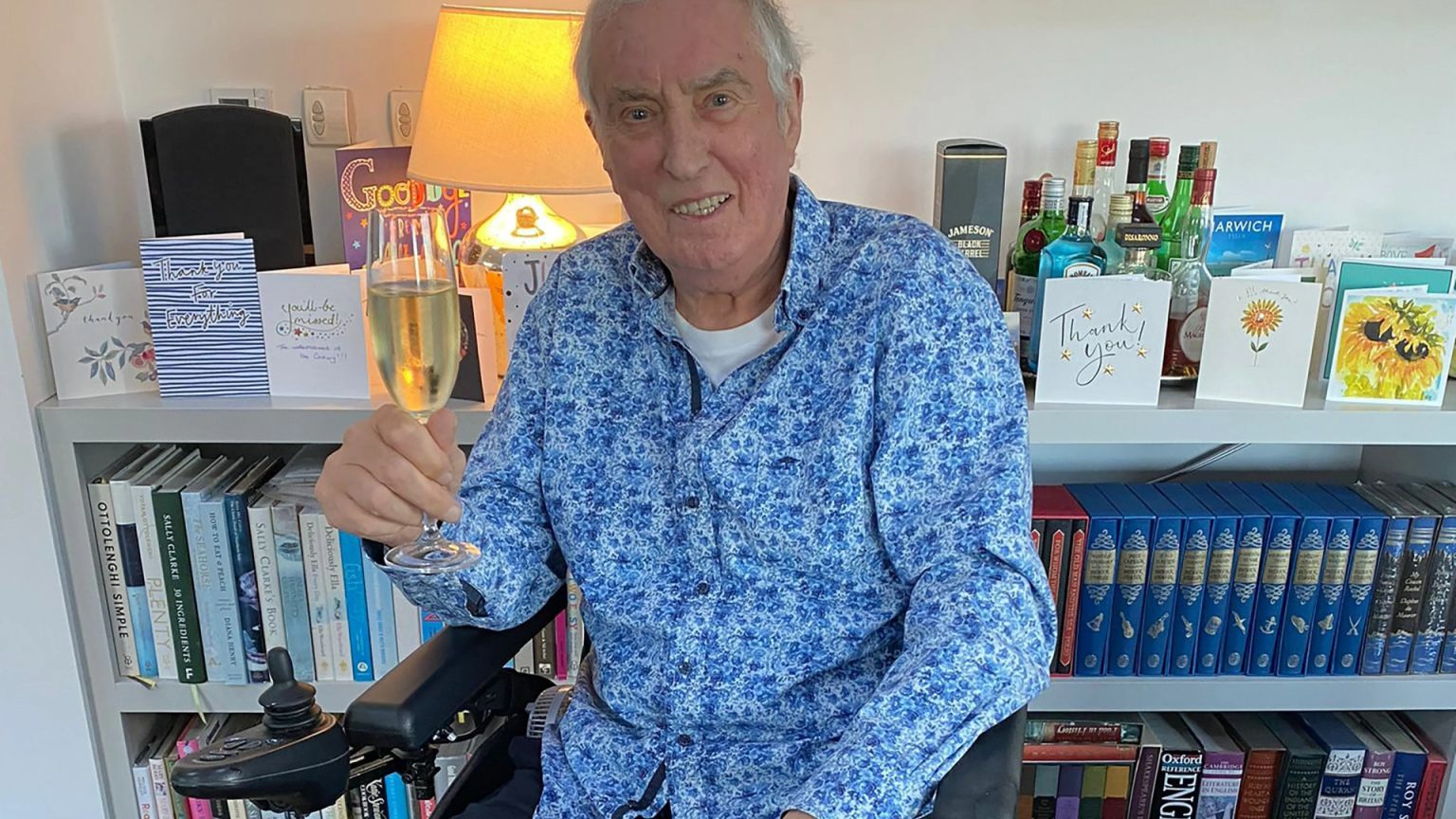Johnnie Walker, a broadcasting luminary whose voice resonated across the airwaves for nearly six decades, passed away at the age of 79, succumbing to a protracted battle with idiopathic pulmonary fibrosis (IPF). His final broadcast marked the culmination of a remarkable 58-year career, a testament to his enduring passion for radio and his unwavering dedication to his craft. Walker’s enduring presence on BBC Radio, particularly his stewardship of iconic programs like “Sounds of the 70s” and “The Radio 2 Rock Show,” solidified his position as a beloved figure in British broadcasting. His engaging style and encyclopedic knowledge of music captivated generations of listeners, forging a profound connection with his audience. His passing marks the end of an era, leaving a void in the world of radio that will be difficult to fill.
Walker’s journey in broadcasting began in the mid-1960s with Swinging Radio England, an offshore pirate station that provided a platform for his nascent talent. His popularity soared during his stint with Radio Caroline, another offshore station, where he honed his distinctive style and cemented his reputation as a rising star. He joined BBC Radio 1 in 1969, embarking on a 7-year tenure that established him as a prominent voice in British radio. His passion for music, coupled with his engaging presentation, drew a loyal following, solidifying his status as a household name. A brief sojourn in California, where he worked in San Francisco, followed his departure from Radio 1 in 1976. His return to the UK a decade later marked his return to Radio 1, before ultimately transitioning to Radio 2.
In 1997, Walker embarked on a new chapter in his broadcasting career, joining BBC Radio 2. He hosted documentaries and filled in for various shows, showcasing his versatility and deepening his connection with the BBC audience. His presence on Radio 2 brought him to a wider audience, cementing his legacy as a true broadcasting icon. Walker’s career spanned a period of significant transformation in the radio industry, yet his unwavering passion for music and his ability to connect with listeners remained constant. He remained a stalwart champion of emerging artists, providing a crucial platform for their music and contributing significantly to the evolution of popular music culture.
Beyond his professional accomplishments, Johnnie Walker’s life was marked by personal challenges, including several health setbacks. He faced his first major health scare in 2003 with a diagnosis of non-Hodgkin lymphoma of the colon. A heart attack in 2019 necessitated a triple heart bypass, a testament to his resilience. The diagnosis of IPF in 2020 presented a particularly daunting challenge. The progressive nature of the disease gradually eroded his lung capacity, making breathing increasingly difficult. Despite these challenges, Walker maintained a remarkably positive outlook, continuing to broadcast from his home in Dorset with the unwavering support of his wife, Tiggy.
Tiggy Walker played an indispensable role in navigating the complexities of Johnnie’s health struggles. She provided unwavering care and support, allowing him to continue his broadcasting career even as his health deteriorated. During Carers Week earlier in the year, Tiggy spoke candidly about the emotional and physical toll of caring for Johnnie. Her poignant account highlighted the profound impact of chronic illness on families and underscored the critical role of caregivers. Tiggy’s devotion and unwavering love provided a crucial source of strength and comfort for Johnnie during his final years. Her tribute following his passing captured the essence of their enduring bond and celebrated his resilience in the face of adversity.
Johnnie Walker’s legacy extends beyond his broadcasting career. He was a husband, a friend, and a mentor to many. His warmth, humor, and genuine passion for music resonated with everyone he encountered. He leaves behind a legacy of dedication, professionalism, and an unwavering love for his craft. His passing marks not only the end of an era in British broadcasting but also the loss of a truly remarkable individual. His voice may be silenced, but his influence will continue to inspire aspiring broadcasters and music lovers for generations to come. His enduring impact on the world of radio is a testament to his talent, his passion, and his enduring connection with his audience.




